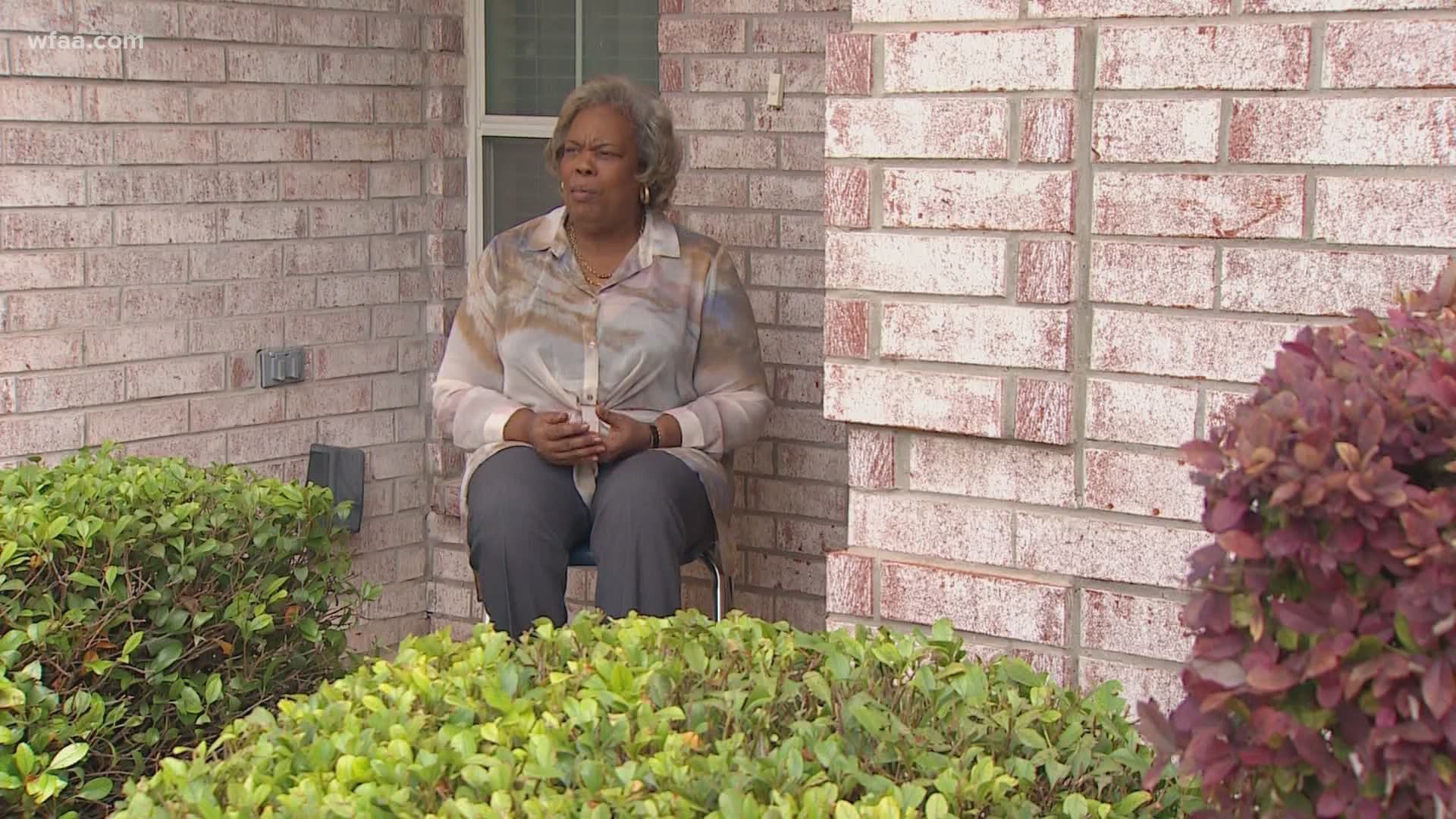Across the state, providers that take care of 35,000 intellectually and physically disabled people say they are struggling to cope with the increased costs brought on by the COVID-19 pandemic.
Providers say they are experiencing dramatic increases in staffing costs, not to mention the extra costs for personal protective equipment and cleaning supplies.
“Right now, there is little or no assistance from the state to help out with the problems we're having,” said Doug Svien, president of the Providers’ Alliance For Community Services of Texas.
Svien operates nearly 100 homes in West Texas.
“The overtime and staffing is the biggest issue,” he said.
Providers are asking the state to raise Medicaid reimbursement rates across the board by at least 19% to help with the unexpected costs associated with the pandemic. They are also asking that the state designate employees taking care of people in group homes as “essential health care staff,” which would give them access to much-needed personal protective equipment.
“These providers have simultaneously dealt with the challenges of retaining a workforce of direct care workers often by paying higher wages in an environment that experiences chronic workforce shortages,” said a group of providers wrote in a letter to the commission.
“Without immediate financial help, these community programs in Texas are at risk of being completely overwhelmed, leaving many of our most vulnerable residents at risk.”
Robert and Sharon Sanderson’s son, Mark, lives in one of those group homes.
Mark was born with intellectually disabled in blind. His Fort Worth group home is run by Daybreak Community Services.
“Our son, Mark, he’s fabulous,” his mother said. “It’s been a long journey.”
The Sandersons see him often and they are grateful for the care that their son receives in the home.
“He calls it his home,” said his father, Robert.
But life’s changed dramatically since the pandemic began for people like Mark.
“They are not able to fully understand and grasp what actually is going on and why,” said Cynthia Jacobs, who runs the group home. “The crisis, it's just been traumatic.”
Before the pandemic, it was already an industry struggling with high turnover rates and staffing shortages.
Just consider what’s happened to the group home Jacobs runs.
The group cost $12,000 a month to operate prior to the pandemic. It now costs $14,600 – an increase of 22 percent.
“We are not able to take them out anywhere,” Jacobs said.
That means more overtime for staff, she said. Prior to the pandemic, she said there was very little overtime.
“They can never be left alone,” Jacobs said. “They have to be monitored.”
Other states have taken action.
Alabama gave providers a 19% rate increase. North Carolina raised rates 40 percent. Ohio’s payments to providers went up by 30 percent.
Texas Health and Human Services officials told WFAA that they are aware of the issues and they’re working on it.
"We are waiting for approval from federal authorities to proceed,” said spokeswoman Kelli Weldon.
Weldon said the state is waiting for federal approval to approve $151 million in rate increases.
The financial help can’t come soon enough as far as Jacobs is concerned.
“I love them dearly and they deserve the same amount of respect as anyone else,” Jacobs said.
More on WFAA:
- 'I'm scared every day': Correctional officers, inmates say Texas prisons botched COVID-19 response
- Outbreaks of COVID-19 claim dozens of lives at North Texas long-term care facilities
- Texas will test all residents, staff of state supported living centers for COVID-19
- Denton state school employee who survived COVID-19 says he's 'just happy to be alive'

